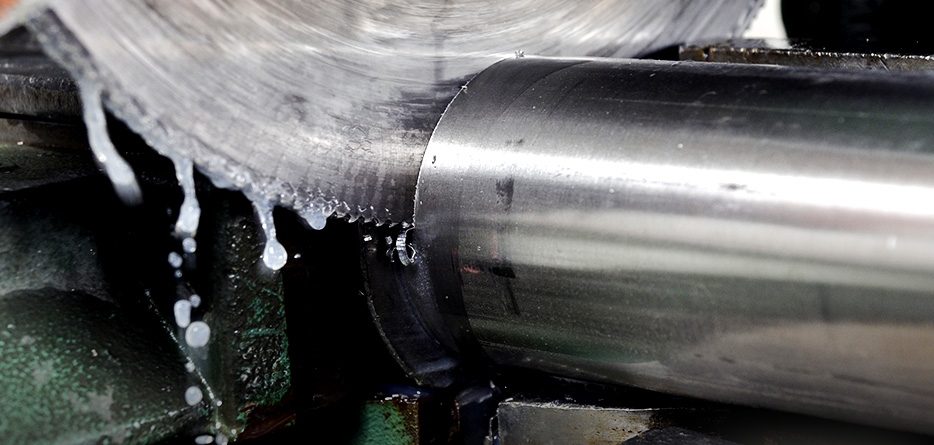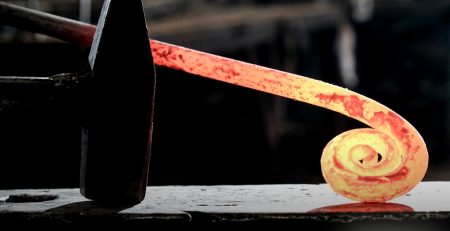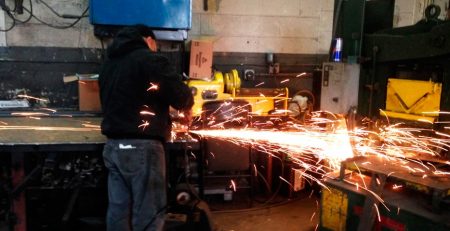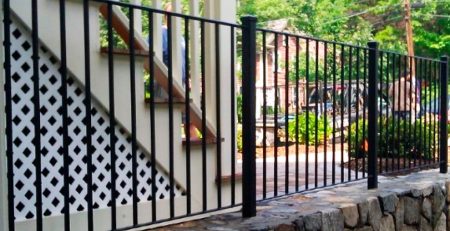Metal Fabrication 101: A Complete Guide
Metal fabrication is the process of shaping raw materials into different metal components. This process can involve cutting, hampering, bending, or assembling based on a client’s requirements. At Boston Ironworks, we provide a wide range of fabrication services in Boston and know this process well. Here’s an in-depth look at fabrication:
1. Standard raw materials used in fabrication services in Boston
Fabricators need raw materials to form components like gates, stairs, railings, etc. They source materials from reliable suppliers or producers to ensure the end product is of good quality. Standard raw materials required in the metal fabrication process are:
- Plate or sheet metal
- Expanded metal
- Welding rod or wire
- Casting metal
- Cutting – Cutting involves using different tools to cut metal into different pieces. This can be done through sawing, chiseling, torches, laser, CNC cutters, etc. Experts use cutting to reduce the size of raw material and to create different shapes or designs.
- Bending – Fabricators use hammers, press tools, and other devices to bend metal into shape. Most fabricators use CNC for this process. Design is programmed into this machine and it handles everything else.
- Machining – Machining is always done through modern machines like lathes, drills, grinders, mills, etc. They carve a block of solid metal into different shapes, create holes in a surface, and can create exterior dimensions. Components like nuts, bolts, and screws are manufactured through this process.
- Assembling – Assembling is usually the last step in a fabrication process. It involves bringing different pre-fabricated metal components together to form a distinctive shape. Fabricators use various techniques and tools like welding, riveting, using metal adhesives, or threading, to bring all components together.
- Casting – Sometimes fabricators skip these processes and cast metal into a fixed shape directly. Molten metal is poured into a mold where it may cool down for a period of time. Once the metal has solidified, fabricators polish and refine it to ensure there are no sharp edges, before completing their fabrication process.
2. Process commonly used in fabrication services in Boston
Metal undergoes different processes to reach the final shape. Fabricators are skilled in these processes. Here’s a brief explanation regarding different processes involved in fabrication:
For questions and inquiries regarding fabrication services in Boston, you can call Boston Ironworks at 617 657 3117. You can also fill in this contact us form. We’ll get in touch with you as soon as possible.
Cutting












Leave a Reply